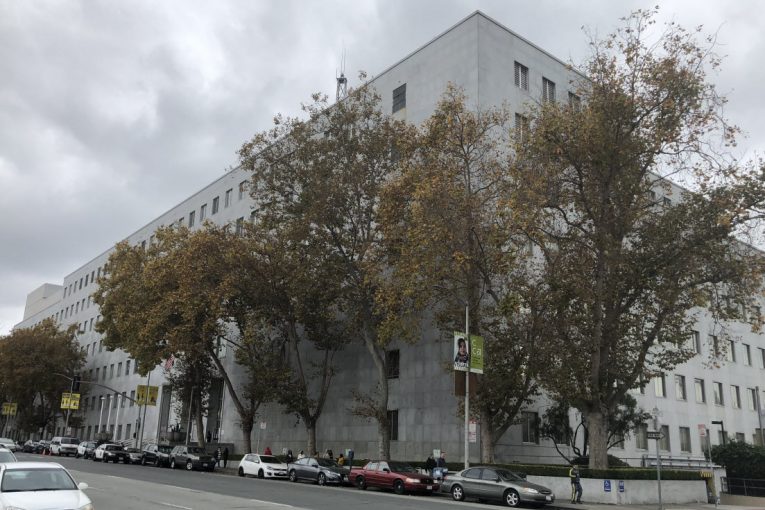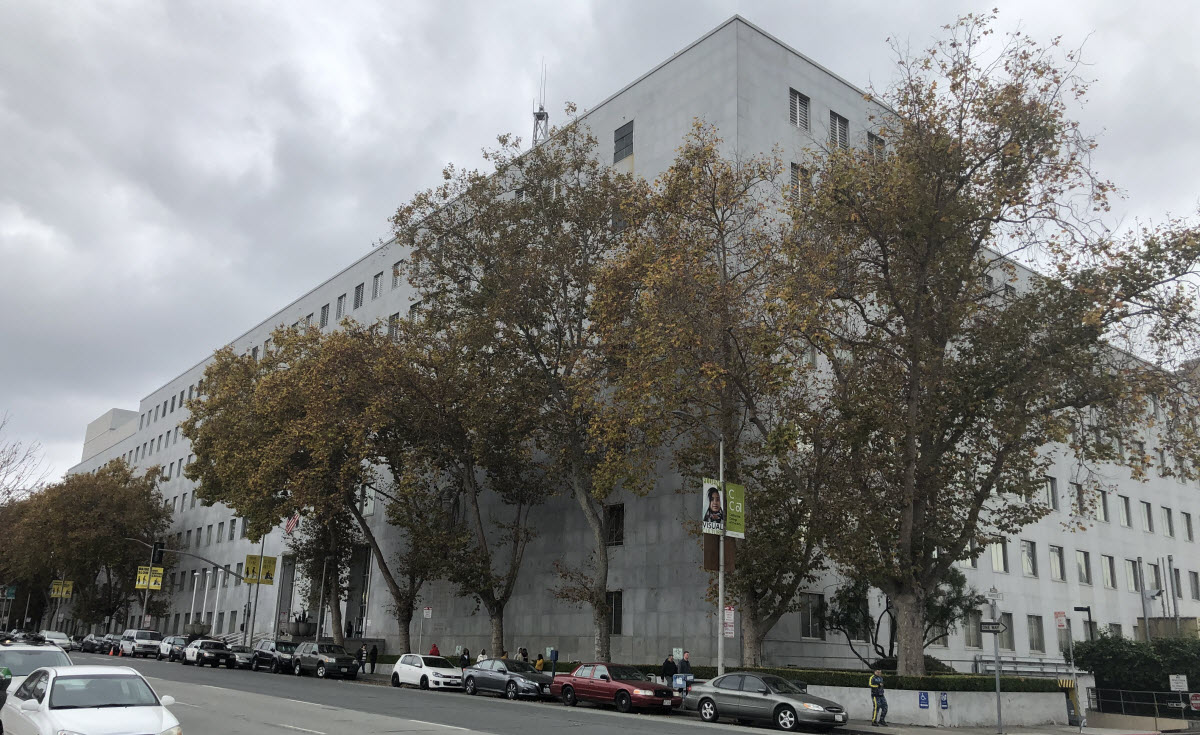

By Janeek Mollique
SAN FRANCISCO – On January 30, 2020, at the Hall of Justice in San Francisco, the cross-examination of Dr. Laeeq Everett commenced in Department 16 with Judge Eric R. Fleming presiding, in the attempted murder case against Mr. David Lightfoot.
San Francisco Deputy Public Defender Landon Davis appeared on behalf of Mr. Lightfoot. Mr. Davis called Mr. Everett, a clinical and neuro-psychologist, to the court as an expert witness to help illustrate to the jury Mr. Lightfoot’s mental and medical state.
Judge Fleming determined, after being subjected to questioning by the assistant District Attorney, that Mr. Everett was knowledgeable enough to testify in this trial about schizophrenia, acute psychosis, and stimulant use disorder. Mr. Davis was attempting to show that Mr. Lightfoot suffers from schizophrenia and acute psychosis, which resulted in the incident in question.
Dr. Everett explained to the jury what exactly schizophrenia and acute psychosis is, and how such a mental deficiency could potentially result in the actions that Mr. Davis displayed on the day of the incident. Dr. Everett supported this expert opinion with various medical records on which he relied while examining and interviewing Mr. Lightfoot.
The assistant DA shared she felt “completely sandbagged” because the prosecution did not prepare to respond to the defense’s theory supported by the expert witness testimony. This theory states Mr. Lightfoot was experiencing some sort of delusion when he committed the acts in question.
Outside the presence of the jury, the ADA threw up her hands as she tried to explain to the judge that they were not aware that the expert witness was going to testify that the documents in  which he relied upon led him to conclude that Mr. Lightfoot was possibly experiencing a delusion on the day in question.
which he relied upon led him to conclude that Mr. Lightfoot was possibly experiencing a delusion on the day in question.
The ADA asserted that there was a PC section 402 hearing in which the defense was supposed to inform the DA of what the basis of the expert witness testimony would be, and that all of the documents that the expert witness relied upon were to be produced to the ADA so that they were prepared to respond during the trial.
In response, Mr. Davis told the judge that he complied with all procedures during the 402 hearing. The prosecution felt that Mr. Davis did not, as the public defender did not inform the court that the expert witness would be relying on a transcript of the interrogation between Mr. Lightfoot and the police.
Within this interrogation Mr. Lightfoot made a statement in which he told the police that he did what he did because he believed that the person who sustained the injuries was going to rape an individual on the bus.
Mr. Davis told the judge that the interrogation was a document that was sent to the expert witness after the 402 hearing occurred, approximately on Jan. 6, 2020. Therefore, this document was not something that was anticipated to be relied upon prior to or on the day of the 402 hearing.
Mr. Davis told the court that the statement within the interrogation only became relevant when the prosecution brought it up within opening arguments, and, as a response, Mr. Davis sent the interrogation to the expert witness to analyze whether there were any voluntary issues with the statements that were made to the police by Mr. Lightfoot. It was then when Dr. Everett realized that, in a past medical record concerning Mr. Lightfoot, he had made a similar statement in which he believed that someone was going to rape his mother. Mr. Davis asserted that once this was picked up on, that is when the transcript of the interrogation became relevant.
The ADA tried to argue that Mr. Davis knew Dr. Everett relied on this document prior to the 402 hearing in an attempt to “hide the ball” from the DA. The prosecution asserted that had they known the expert witness would testify that Mr. Lightfoot was suffering delusions, they would have conducted their own interview of him to confirm or deny the allegations.
The judge asked the assistant DA if there was a desired remedy. The judge agreed that the statement was extremely probative for the defense, as it shows that if this type of delusional activity has occurred in the past – therefore, it’s more likely than not that Mr. Lightfoot may be suffering a mental problem, while also prejudicial to the prosecution if they were not adequately prepared to respond.
The judge said that the court could entertain the possibility of a continuance. The ADA denied that suggestion as it would result in a mistrial and it would tap into “resources,” thus she would need approval from a supervisor before she made such a decision.
In the end, the judge stated that it seems as if Mr. Davis was not trying to “hide the ball,” nor was the prosecution being “sandbagged.” The judge felt that Mr. Davis was simply trying to defend his client. The judge wanted to ask the expert witness if he in fact relied on the transcript of the interrogation while compiling his medical analysis prior to the 402 hearing, but lunch recess broke out before this line of questioning took place.



